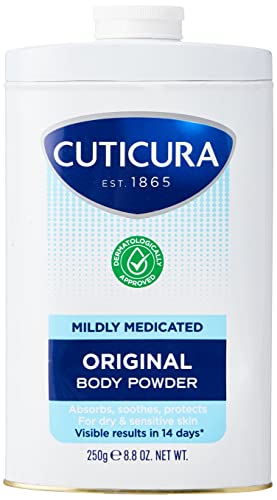What is talcum powder?
Talcum powder is a popular personal care product that is used for a variety of purposes, including keeping skin dry and preventing rashes. It is made from talc, a mineral that is composed of magnesium, silicon, and oxygen. Talcum powder is commonly used on infants to prevent diaper rash and by adults to keep the genital area dry and to prevent chafing.
The link between talcum powder and cancer
There has been ongoing debate and investigation into the potential link between the use of talcum powder and certain types of cancer, most notably ovarian cancer and lung cancer. The concern stems from the fact that some talcum powders contain small amounts of asbestos, a known carcinogen that has been linked to lung cancer and mesothelioma.
Cancer lawsuits and verdicts
In recent years, there have been a number of high-profile lawsuits brought against companies that manufacture talcum powder. Some of these lawsuits have resulted in significant verdicts against the companies, with juries finding that the talcum powder was a contributing factor in the development of the plaintiffs’ cancer. However, it is important to note that not all lawsuits have been successful, and there is still ongoing debate and research surrounding the potential link between talcum powder and cancer.
Scientific research and findings
Scientific research on the link between talcum powder and cancer has produced mixed results. While some studies have found a potential association between the use of talcum powder and an increased risk of ovarian cancer and lung cancer, others have not found a significant link. The International Agency for Research on Cancer (IARC) has classified talc containing asbestos as “carcinogenic to humans,” but the classification of talc without asbestos is still a subject of debate.
What you can do to protect yourself
If you are concerned about the potential risks associated with talcum powder, there are a few steps you can take to protect yourself. First, you can choose talcum powders that are labeled as asbestos-free. Look for products that have been tested and determined to be free of asbestos by reputable third-party laboratories. Second, you can consider using alternative products, such as cornstarch-based powders, which have not been associated with the same risks as talcum powder. Finally, it’s always a good idea to consult with your healthcare provider if you have any concerns or questions about the use of talcum powder.






